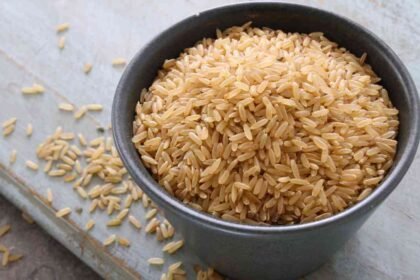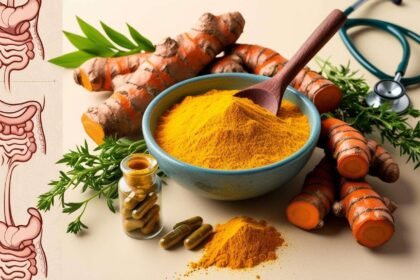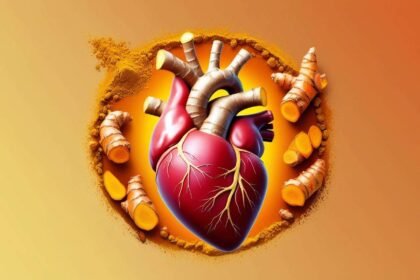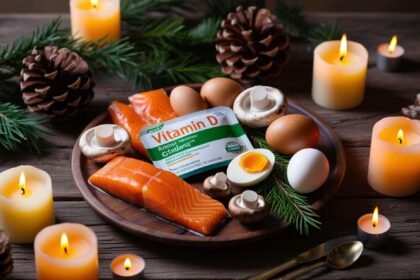Testosterone is very important for men’s health. It affects muscle size, energy, mood, and sexual abilities. Many things can affect testosterone levels, but food is one of the best and most natural ways to help produce hormones.
In this guide, we’ll explore 10 nutrient-packed foods that can help boost testosterone naturally and improve general well-being.
Let’s explore some superfoods that can boost testosterone and see how to add them to your daily meals.
10. Tuna: The Testosterone-Boosting Superfood
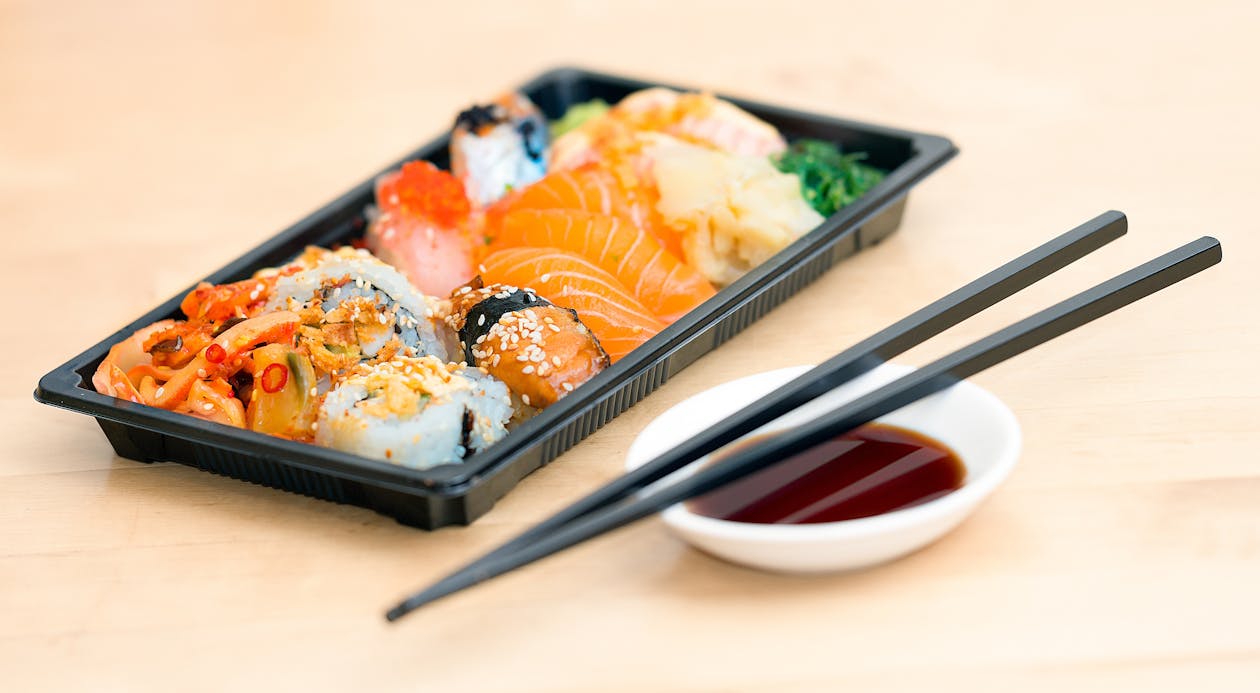
Tuna is a nutrient-rich seafood that supports hormone health.
Scientific Backing
Tuna is a great source of vitamin D, which may help boost testosterone levels. This is really helpful for people who don’t get much sun.
Nutrient Content
- Vitamin D: Over 50% of the daily recommended intake per serving
- High in omega-3 fatty acids and lean protein
Health Tips & Usage Suggestions
- Consume fresh or canned tuna 1-2 times a week.
- Add it to salads or sandwiches for a protein-packed meal.
Precaution
Be cautious of mercury levels; limit consumption to recommended servings.
9. Eggs: The Complete Testosterone-Friendly Protein
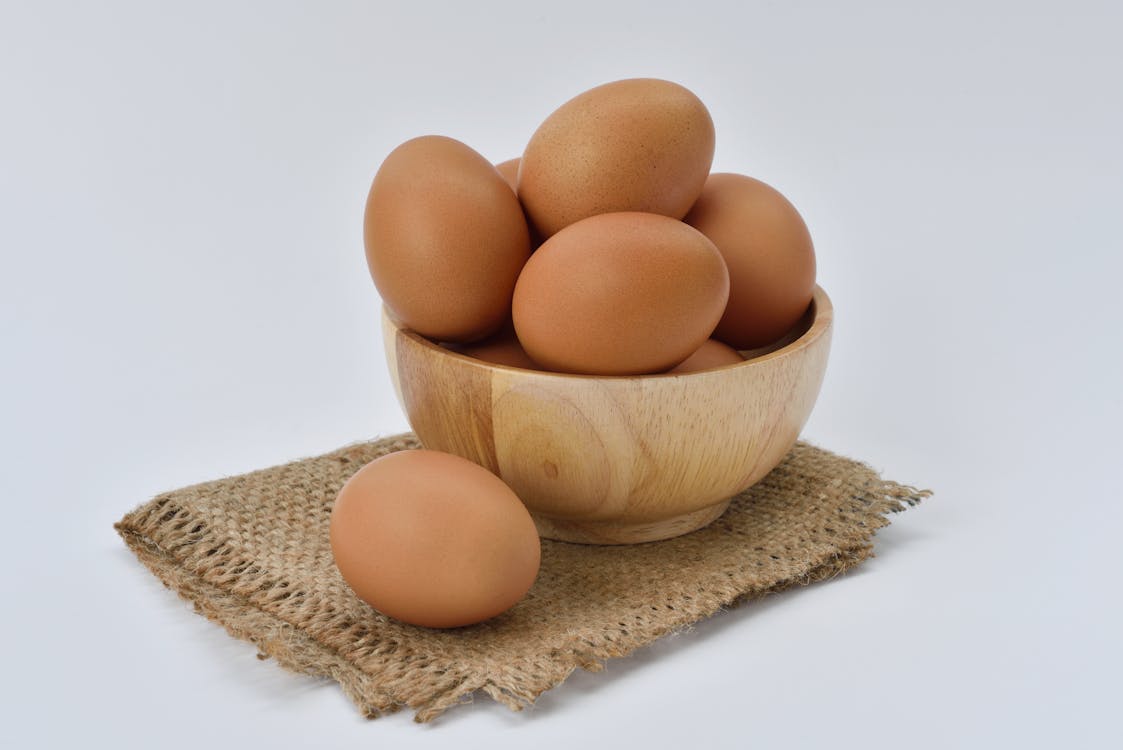
Eggs are very nutritious and contain important nutrients that help balance hormones.
Scientific Backing
Eggs have fat, which helps in making testosterone. They are high in vitamin D, which is connected to increased testosterone levels.
Nutrient Content
- Vitamin D: 6% of the daily value per egg
- High-quality protein and healthy fats
Health Tips & Usage Suggestions
- Enjoy whole eggs (including the yolk) 2-3 times a week.
- Incorporate boiled eggs as a convenient snack or add them to salads.
Precaution
Moderation is key to avoid excessive cholesterol intake.
8. Spinach: The Green Leafy Testosterone Boost
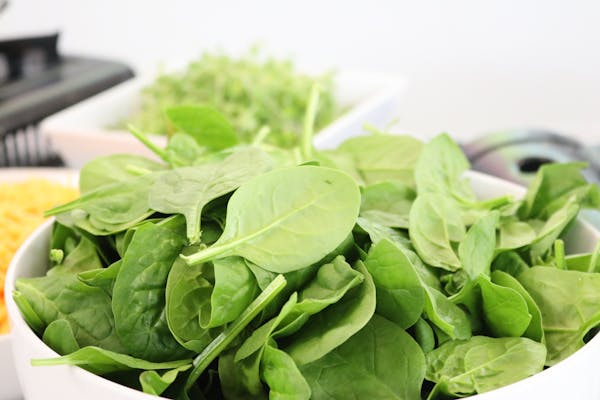
Spinach, which Popeye loves, does more than help build muscles; it can also help keep testosterone levels healthy.
Scientific Backing
Spinach is high in magnesium and can help increase testosterone levels. Magnesium is important for muscle activity and hormone control.
Nutrient Content
- Magnesium: 78 mg per cup (cooked)
- Iron and vitamin B6
Health Tips & Usage Suggestions
- Add spinach to smoothies, omelets, or salads.
- Aim for 1-2 servings daily to support testosterone production.
7. Ginger: The Spicy Testosterone Enhancer

Ginger is not just a common spice; it can also help with different health issues, including low testosterone levels.
Scientific Backing
Studies show that taking ginger can greatly raise testosterone levels. Ginger has gingerol, a compound that helps protect against damage and reduces inflammation. This can improve hormone output in the testes.
Nutrient Content
- Gingerol and other bioactive compounds
- Essential minerals like magnesium
Health Tips & Usage Suggestions
- Add fresh ginger to teas, smoothies, or stir-fries.
- Consume 1-2 teaspoons of grated ginger daily for best results.
6. Pomegranate: The Heart-Healthy Testosterone Booster
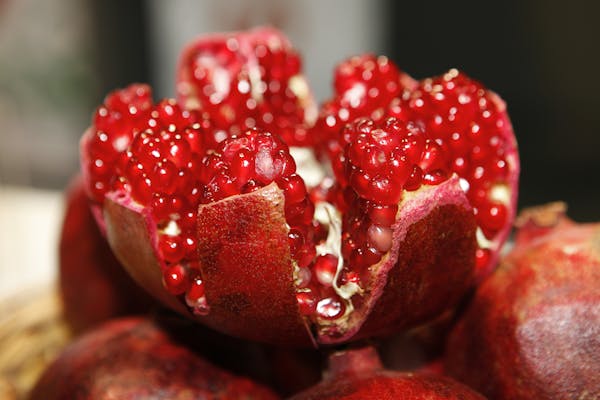
Pomegranate is not just a delicious fruit but also a powerful ally for hormone health.
Scientific Backing
Research indicates that drinking pomegranate juice can increase testosterone levels and enhance happiness and overall well-being. The fruit is rich in antioxidants that protect Leydig cells in the testes from oxidative stress, which is important for maintaining healthy testosterone production.
Nutrient Content
- High in polyphenols and antioxidants
- Vitamin C: 30% of the recommended daily intake (per cup of juice)
Health Tips & Usage Suggestions
- Enjoy pomegranate seeds as a snack or add them to salads.
- Drink a glass of fresh pomegranate juice 3-4 times a week for optimal benefits.
5. Brazil Nuts — A Selenium Powerhouse

Brazil nuts are high in selenium, a small mineral that is important for making testosterone and for sexual health.
Scientific Backing:
Studies show that selenium is a strong antioxidant and helps keep sperm function healthy, which is important for hormone production.
Nutrient Content:
One ounce (about 6 nuts) has around 544 mcg of selenium, which is more than the suggested daily amount.
Health Tips:
- Snack on 2-4 Brazil nuts a day to meet your selenium needs.
- Chop them and sprinkle over yogurt or salads for added crunch.
Precautions:
Avoid consuming large quantities, as excessive selenium intake can lead to toxicity.
4. Lean Meat — A Protein and Zinc Powerhouse

Lean meats like chicken breast, turkey, and lean beef are rich in important nutrients like protein, zinc, iron, and vitamin B12, which are all necessary for making testosterone.
Scientific Backing:
Protein helps build muscle, which is connected to keeping testosterone levels healthy. Zinc is an important mineral needed for making hormones.
Nutrient Content:
A 4-ounce portion of lean beef has about 7 mg of zinc, which is around 64% of the daily amount suggested for men.
Health Tips:
- Include lean meat in your diet 2-3 times a week for optimal benefits.
- Opt for grilled or baked preparations to reduce unhealthy fat intake.
Precautions:
Limit consumption of red meat to avoid potential health risks such as heart disease.
3. Extra Virgin Olive Oil — Heart-Healthy Fat for Hormone Production

Extra virgin olive oil (EVOO) is good for your heart and can also help increase testosterone levels.
Scientific Backing:
Research shows that meals high in monounsaturated fats, such as those in olive oil, can help improve hormone levels.
Nutrient Content:
One tablespoon of extra virgin olive oil contains approximately 10 grams of monounsaturated fats.
Health Tips:
- Use EVOO as a salad dressing or drizzle it over cooked vegetables.
- Swap out unhealthy fats for olive oil when cooking.
2. Cruciferous Vegetables — Balancing Estrogen Levels
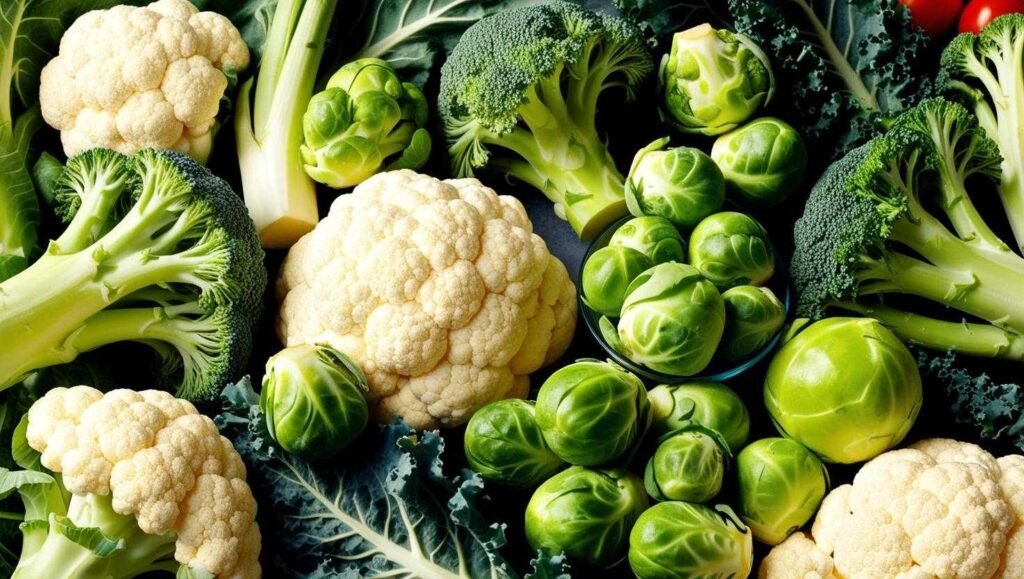
Broccoli, cauliflower, and Brussels sprouts are types of cruciferous veggies that are known to help regulate hormones.
Scientific Backing:
These plants have a substance called indole-3-carbinol that helps control estrogen levels, which keeps testosterone levels balanced and healthy.
Nutrient Content:
One cup of cooked broccoli provides approximately 40 mg of indole-3-carbinol.
Health Tips:
- Add steamed or roasted cruciferous vegetables to your meals.
- Incorporate them into stir-fries or smoothies for a nutritious boost.
1. Oysters — The Ultimate Zinc Booster

Oysters are often thought of as a food that can boost romance, but they really shine because they are rich in zinc, which is important for making testosterone.
Scientific Backing:
Research shows that getting enough zinc is important for keeping testosterone levels healthy. Low zinc levels can cause hormone problems.
Nutrient Content:
A 3-ounce serving of cooked oysters has about 74 mg of zinc, which is more than 600% of the daily zinc requirement for guys.
Health Tips:
- Enjoy oysters fresh, grilled, or baked for a delicious treat.
- If fresh oysters aren’t available, consider canned varieties.
Precautions:
Consume in moderation to avoid excessive zinc intake.





